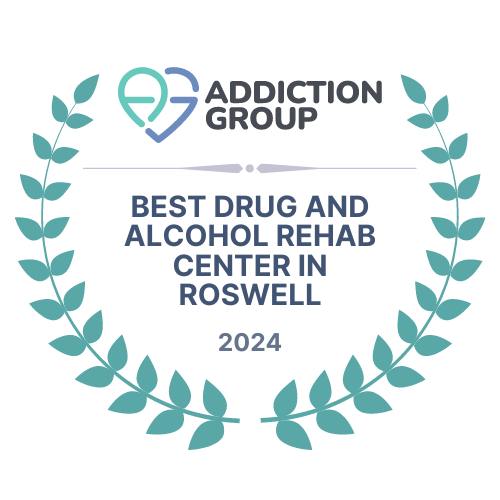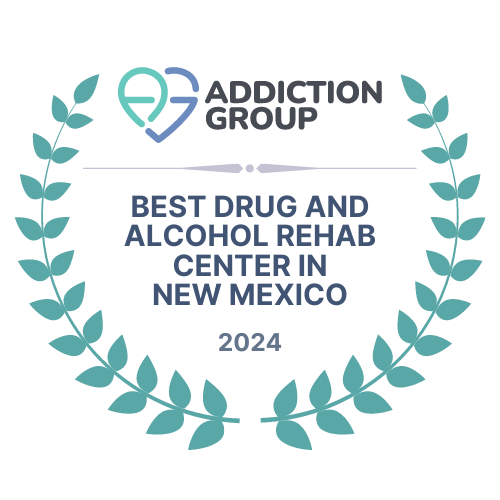Addiction changes the brain in a number of ways, and these changes can be hard to reverse. The good news is that the brain is resilient. With treatment, it can recover from the damage caused by addiction.
How Does Addiction Change the Brain?
The brain is a complex organ, and addiction hijacks its normal functioning. Addictive substances change the way neurons communicate with each other. This alters the brain’s circuitry. In addition, addiction alters brain chemistry, which can lead to changes in mood and behavior.
These changes explain why it’s so hard to quit an addiction. Once someone forms an addiction, they must fight their own cravings and desires. In addition, they must cope with changes to the very structure of their brain.
Addiction changes to the brain can be long-lasting and can lead to the harmful behaviors seen in people with addiction.
Research has shown that addiction alters the brain in three key ways:
1. The way the brain responds to pleasure and rewards
Addiction alters the way that the brain processes pleasure.
Normally, when we do something that feels good, our brains release a chemical called dopamine. This chemical creates a feeling of pleasure and reward that encourages us to repeat the behavior that caused it.
Addiction hijacks this process by increasing the amount of dopamine released when we engage in the addictive behavior. This creates a strong need or craving for the behavior. As we continue to engage in the behavior, our brains become less and less sensitive to dopamine.
Consequently, we need more and more of the addictive substance to satisfy the need.
2. The way the brain experiences stress and anxiety
One of the most significant ways that addiction changes the brain is it alters the way the brain experiences stress and anxiety. Addiction hijacks the brain’s stress response system, which is designed to help us deal with threatening or stressful situations.
In healthy individuals, when we encounter a stressful situation, our body releases a hormone called cortisol. Cortisol helps us to deal with stress by increasing our heart rate and blood pressure so that we can fight or flight.
However, in individuals with addiction, this stress response system is dysregulated. This means that when they encounter a stressful situation, their body does not release cortisol in the same way.
3. It changes decision-making processes in the brain
Some of the most significant changes occur in the areas of the brain that are responsible for judgment, decision-making, and self-control.
People addicted to drugs or alcohol often make bad decisions. This can lead to further addiction and other negative consequences.
Most importantly, addiction changes the brain in ways that make it difficult for people to stop using substances. This is why addiction is considered a chronic, relapsing disease.
Can A Brain Affected by Addiction Recover?
Yes, a brain affected by addiction can recover. In fact, studies have shown that with treatment, people who suffer from addiction can return to living normal, healthy lives.
The reason why addiction recovery is possible is that the brain is plastic. This means that it has the ability to change and adapt over time.
Addiction may cause some changes in the brain that are permanent due to damage. Treatment can reverse other changes that are not permanent.
Addiction recovery takes time just as it took time for the brain to develop the changes associated with addiction.
Consequently, it will take time for the brain to heal and recover from those changes.
At Renew Health Roswell, our team of experts can provide you with the treatment and support you need to recover from addiction.
Contact us today to learn more about our program and how we can help you or your loved one recover from addiction.








